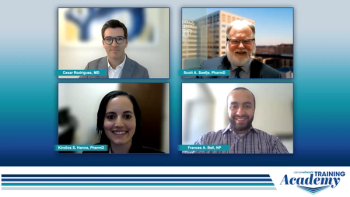
Moderator Cesar Rodriguez, MD, spearheads a discussion on the current state of the multiple myeloma treatment paradigm with a focus on bispecifics in the multiply relapsed setting.

Your AI-Trained Oncology Knowledge Connection!


Moderator Cesar Rodriguez, MD, spearheads a discussion on the current state of the multiple myeloma treatment paradigm with a focus on bispecifics in the multiply relapsed setting.
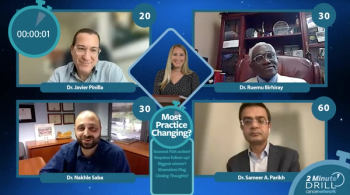
Thought leaders from various institutions offered their take on the most practice-changing trial that came out of the 2023 ASCO Annual Meeting.
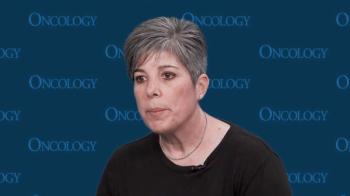
Adverse effect management is a concern for clinicians when administering follicular lymphoma treatment, and the use of targeted pathways may help mitigate them.
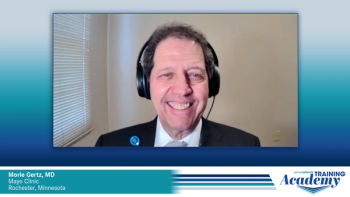
Shared insight from Rafael Fonseca, MD, on data from MonumenTAL-1 and the use of talquetamab therapy in patients with relapsed/refractory multiple myeloma.
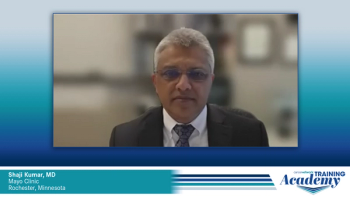
Expert perspectives from Joselle Cook, MBBS, on use of elranatamab in relapsed/refractory multiple myeloma based on data from the MagnetisMM-1 trial.
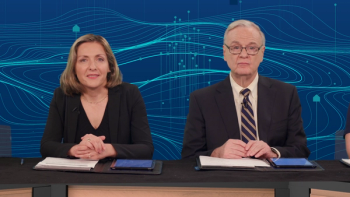
David Witt, MD, details the design and outcomes of the GRIFFIN study in newly diagnosed multiple myeloma.
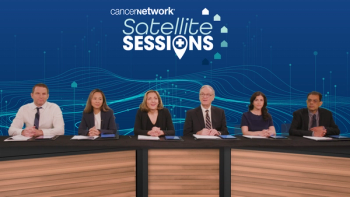
Natalia Neparidze, MD, reviews the available induction treatment options for patients with newly diagnosed multiple myeloma (NDMM).
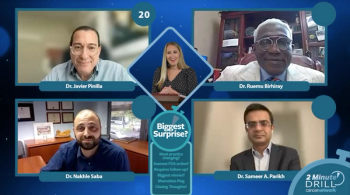
Thought leaders from various institutions offered their take on the biggest surprise that came out of the 2023 ASCO Annual Meeting.

Daniel G. Stover, MD, describes how findings from the phase 3 NATALEE trial may support expanding the portion of patients who receive CDK 4/6 inhibitors as a treatment for hormone receptor–positive, HER2-negative breast cancer.
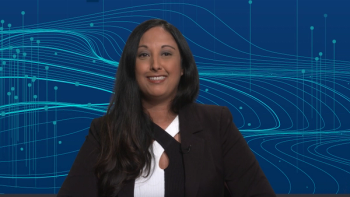
Experts in multiple myeloma management review the role of CAR T-cell therapy in patients with relapsed/refractory disease.
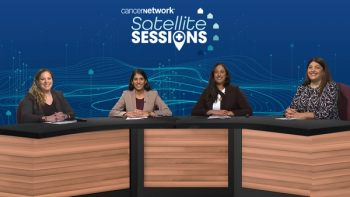
Focused discussion on mitigating and managing the adverse event profiles of bispecifics in relapsed/refractory multiple myeloma.
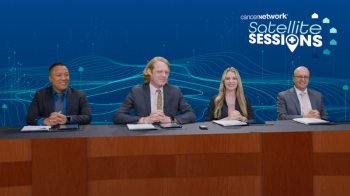
Focused discussion on the historical use of triplet regimens as induction therapy in transplant-eligible newly diagnosed multiple myeloma.
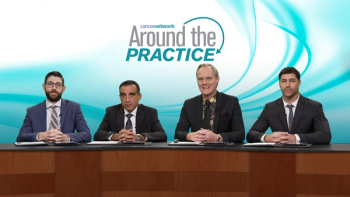
Insights gleaned from the MAIA trial, which researched daratumumab, lenalidomide, and dexamethasone in patients with newly diagnosed MM.

Opening its discussion on the management of multiple myeloma, a panel of experts from Ochsner Health reviews risk stratification strategies via NCCN and mSMART guidelines.

Daniel G. Stover, MD, suggests that stromal tumor infiltrating lymphocytes may serve as a biomarker of immune activation and can potentially help optimize therapy with microtubule-targeting agents for patients with metastatic breast cancer.

Myeloma experts present the case of a 74-year-old with transplant-ineligible newly diagnosed MM and offer their initial impressions.
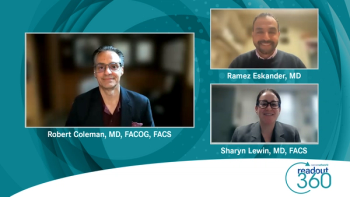
The panel explains how low-grade serous ovarian cancer differs from high-grade, and if an immunotherapy approach is appropriate for treatment.

Robert Coleman, MD, FACOG, FACS, reviews data from a study investigating combination letrozole plus ribociclib in patients with low-grade serous ovarian cancer.
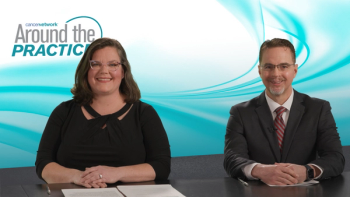
April Logue, APRN-CNP, shares her perspective on selecting between doublet and triplet regimens for patients with transplant-ineligible newly-diagnosed multiple myeloma.
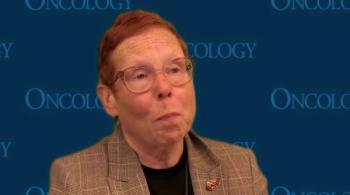
PRGN-3005 autologous UltraCAR-T cells appear well-tolerated and decreases tumor burden in a population of patients with advanced platinum-resistant ovarian cancer.
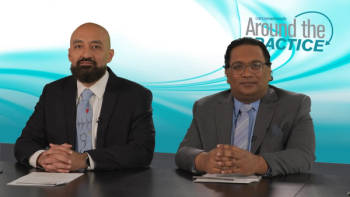
Naresh Bumma, MD, reviews updated data from the MAIA trial in transplant-ineligible newly-diagnosed multiple myeloma.
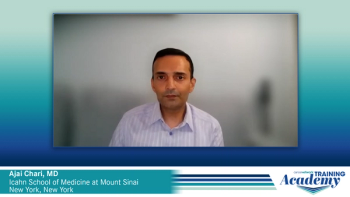
The panel discusses how to educate patients and caregivers on infections risks when receiving an anti-BCMA bispecific antibody.
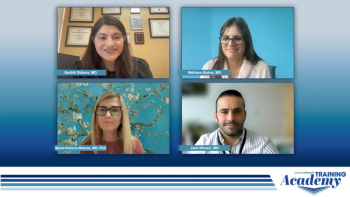
The panel shares their experiences with the sequencing of BCMA-targeting therapies in MM, with particular focus on treatment of patients who progress on CAR T-cell therapy with teclistamab.
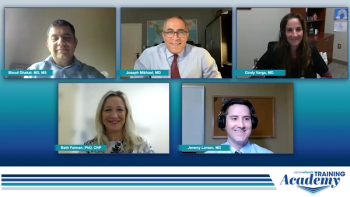
Jeremy Larsen, MD, discusses data from a phase 1/2 study of cevostamab and other emerging bispecifics being evaluated in patients with relapsed/refractory multiple myeloma.
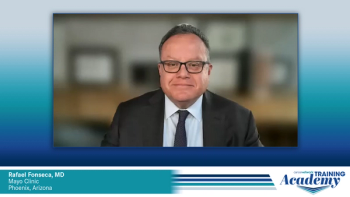
Expert Shaji Kumar, MD, spearheads a review of data from MajesTEC-1 and use of teclistamab therapy in patients with relapsed/refractory multiple myeloma.
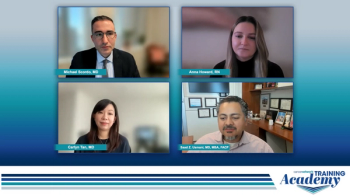
An expert panel offers their initial impressions on the case of a 77-year-old with multiple myeloma treated with a BCMA bispecific antibody who develops neutropenia.

Opening the panel’s discussion on multiple myeloma management, Rafael Fonseca, MD, reviews treatment options available to patients at early or late relapse.
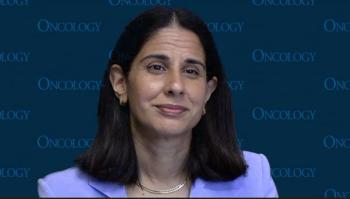
Sara M. Tolaney, MD, MPH, discusses how, compared with antibody-drug conjugates, chemotherapy produces low response rates and disease control in the treatment of those with hormone receptor–positive, HER2-negative metastatic breast cancer.

A panel of experts on multiple myeloma discuss the use of IVIG in the management of hypogammaglobulinemia in patients treated with bispecific antibodies.
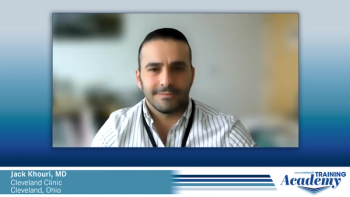
Dr Jack Khouri highlights recent data updates on other BCMA-targeting bispecific antibodies that are in clinical development in multiple myeloma.